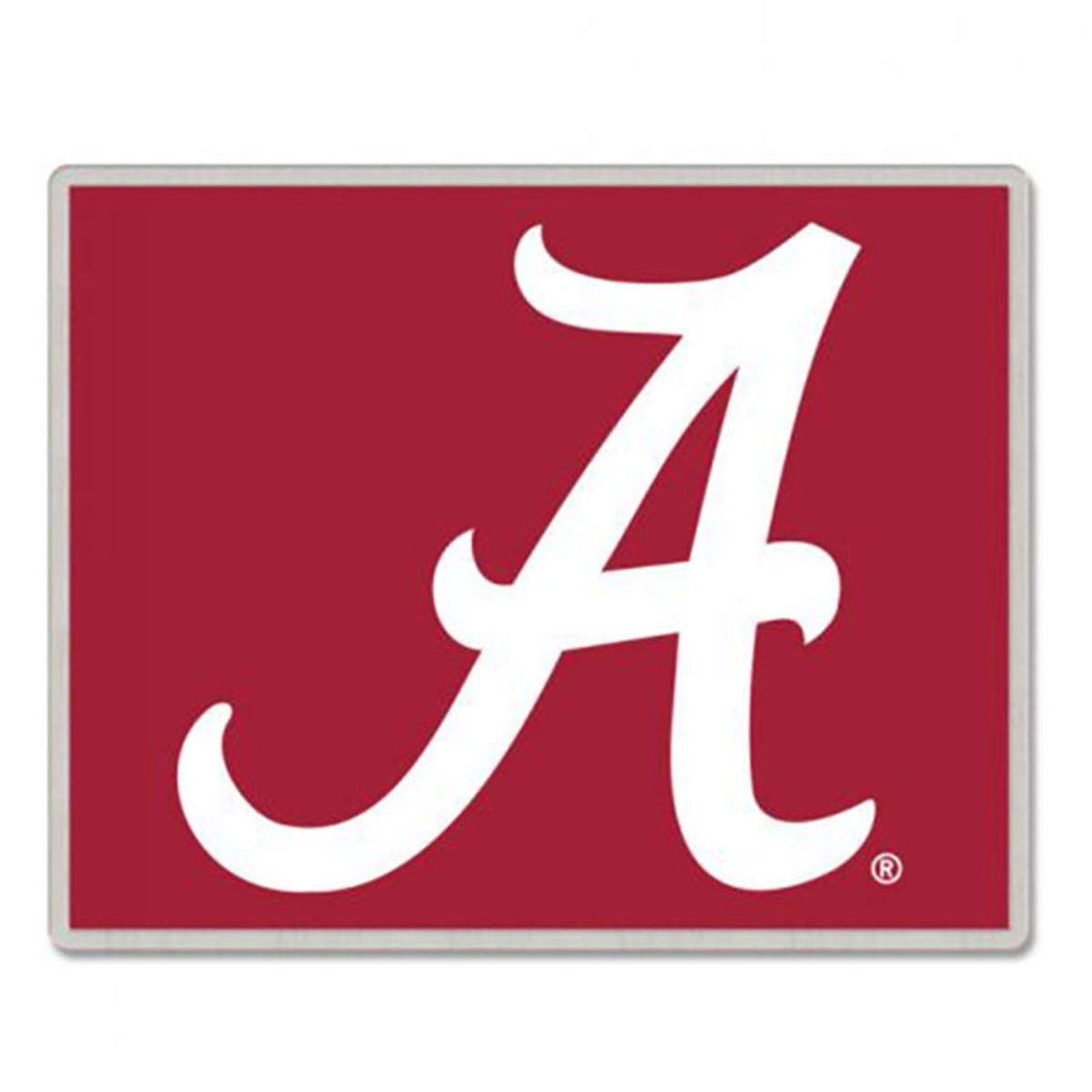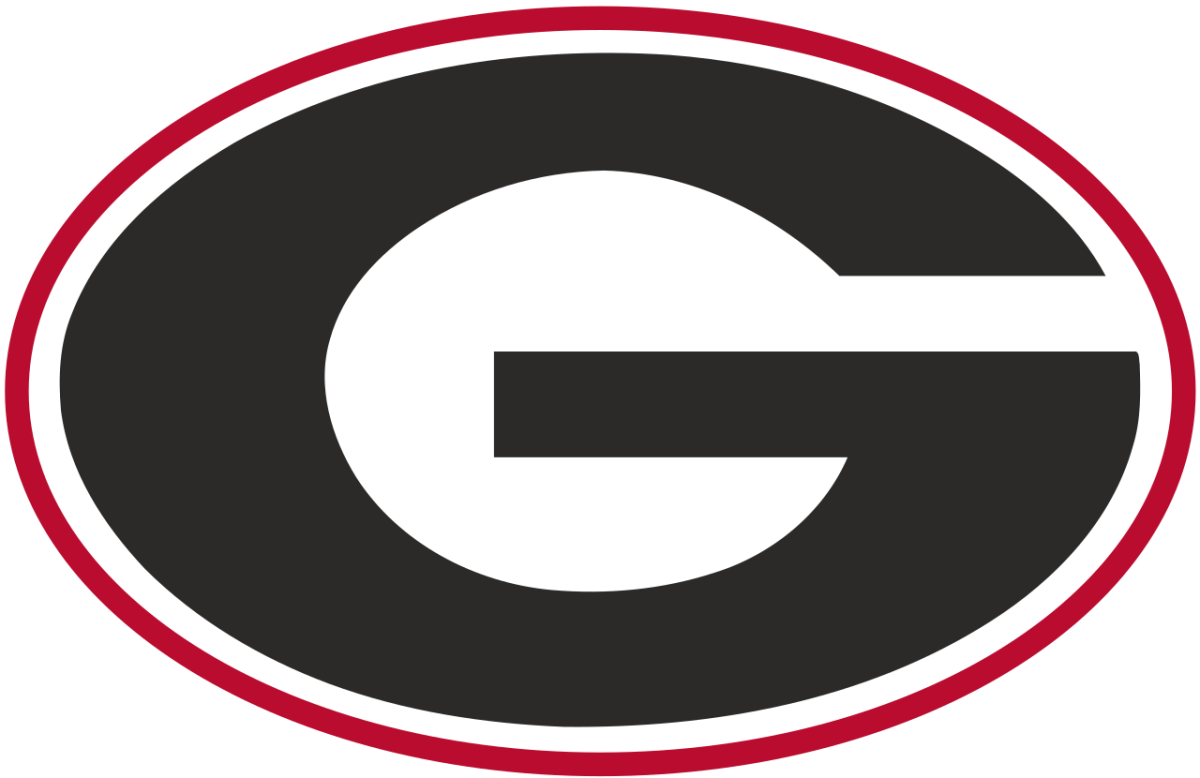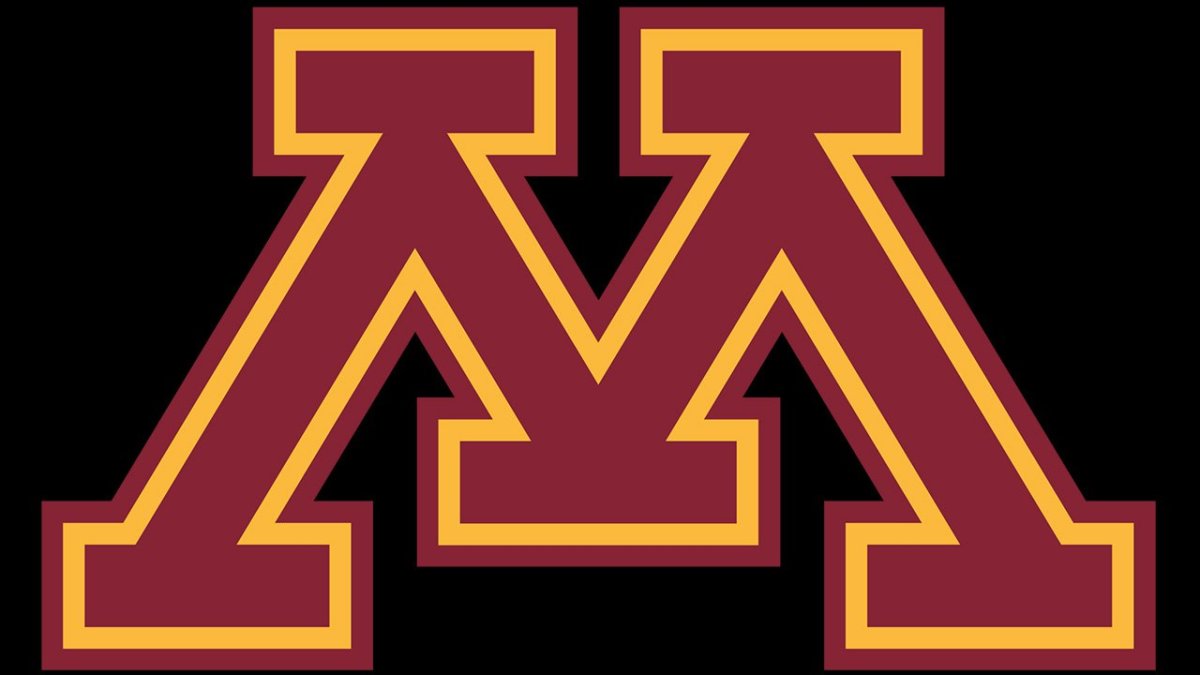If College Football Splits, Which Teams Should Be In Top Tier: All Things CW

There's been a lot of growing speculation about how college football is turning even more into a game of the have and have-not programs, and that we're on the brink of even more separation at the highest level. Whether this happens through the two super conferences essentially taking over, or the biggest schools breaking away from the NCAA and forming their own association, some sort of dramatic shift almost appears inevitable.
Should either happen, we're looking at somewhere around 50 programs, maybe 60 to the top level, from what we have now, approximately 130.
Back in 2007, I wrote a book about the changing landscape of college football, to chronicle where the sport was as a whole and how we got there. The primary aim of "Who's #1?: 100-Plus Years of Controversial National Champions in College Football" was to provide some perspective, and the first thing I learned was that some fans were better off not knowing where their favorite team stood.
I divided the top teams in college football into three categories:
- The Perennial Powers
- The Contenders
- The Former Greats
The top category had 16 teams in it, the second 32. Yes, I did that on purpose with the idea of brackets in the back of my head. This was squarely in the middle of the Bowl Championship Series era, which at least gave us a national championship game, and seven years before the current FCS playoff structure was adopted, of 24 teams with eight seeds.
Nevertheless, the tier structure still holds up because there's clearly a hierarchy when it comes to college football, yet three isn't enough. So here's a look at which teams should be in that 50-plus when the separation happens, based on the All-Time Associated Press Poll.
The poll, a BamaCentral favorite for historical perspective, was originally compiled and organized by Charles Woodroof, former SEC Assistant Director of Media Relations. The methodology is the exact same as the weekly Top 25, 25 points for each first-place vote, 24 for second, on down, only in this case each year is a ballot and the points are compiled.
Oklahoma held the top spot for a long time, but Alabama finally moved into No. 1 a couple of years ago (moving up from outside of the top five when Nick Saban took over in 2007). It was followed by Ohio State, which has subsequently moved into No. 2 overall.
The Elite

These really can't be argued ...
1] Alabama
2] Ohio State
3] Oklahoma
4] Michigan
5] Notre Dame
The Greats

6] Southern California
7] Texas
8] Nebraska
9] Penn State
Nebraska's status has definitely been fading, and another program will probably join this tier next year ...
The Regular Contenders

How many of these programs are thought to be currently rising? All of them.
10] Georgia
11] LSU
12] Tennessee
13] Florida State
14] Florida
The Prowlers

Remember, consistency is the key and all of these programs have had their peaks and valleys:
15] Auburn
16] Miami (Fla.)
17] Clemson
18] Michigan State
The Challengers

Topping this group is probably the best program that's never won a national title ...
19] UCLA
20] Arkansas
21] Texas A&M
22] Wisconsin
23] Washington
24] Iowa
25] Ole Miss
26] TCU
27] Oregon
28] Georgia Tech
29] Stanford
30] Pittsburgh
31] Colorado
32] Virginia Tech
The Rest

33] Minnesota
34] Missouri
35] Kansas State
36] Arizona State
37] Army
38] Oklahoma State
39] North Carolina
40] Baylor
41] Maryland
42] Navy
43] Brigham Young
44] California
(tie) West Virginia
46] Syracuse
47] Houston
48] Boise State
49] Utah 152
Before you say "What about ..." consider that only one of the programs in the last tier can claim a national title over the last 50 years, BYU in 1984. The best that any of the remaining teams can claim is a No. 2 final showing, by Duke (1941) and SMU (1982), and neither was recent.
Overall, that's a pretty clear-cut list. We're only going to make one adjustment and take out Army and Navy, as both clearly fall into the former greats category. That leaves us with 47 programs.
Among SEC teams there aren't many outside of that group: South Carolina, Mississippi State, Kentucky and Vanderbilt. The first two barely missed the cut,
Overall, the next dozen, or at least the ones with the best argument for being included, are, in order, Northwestern, Illinois, Purdue, Duke, Boston College, Washington State, SMU, South Carolina, Oregon State, Louisville, Mississippi State and Texas Tech.
Adding all of them puts you at 60.
The top programs still not in the mix at that point: Cincinnati, North Carolina State, Kentucky, Kansas, Arizona, Central Florida, Virginia and Indiana.
Finally, a lasting impression should be to go back and see how many programs are in the top 25 from the SEC and the Big Ten and include their incoming additions, Oklahoma and Texas for the former, and USC and UCLA for the latter.
SEC: No. 1, 3, 7, 10, 11, 12, 14, 15, 20, 21, 25
Big Ten: 2, 4, 6, 8, 9, 18, 19, 22, 24
That's 20 of the top 25 programs in the All-Time Associated Press Poll, along with Notre Dame, three ACC programs and one from the Pac-12 the other five.
SEE ALSO: Like Usual, Early CFP Playoff Rankings Talk Misses the Mark: All Things CW
